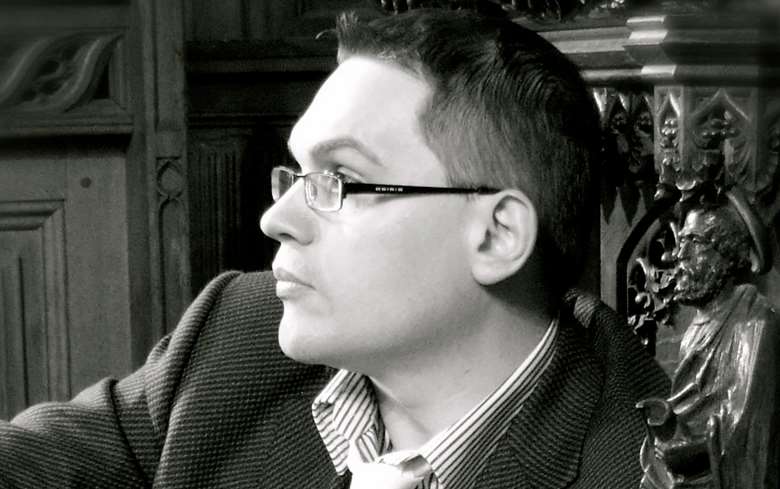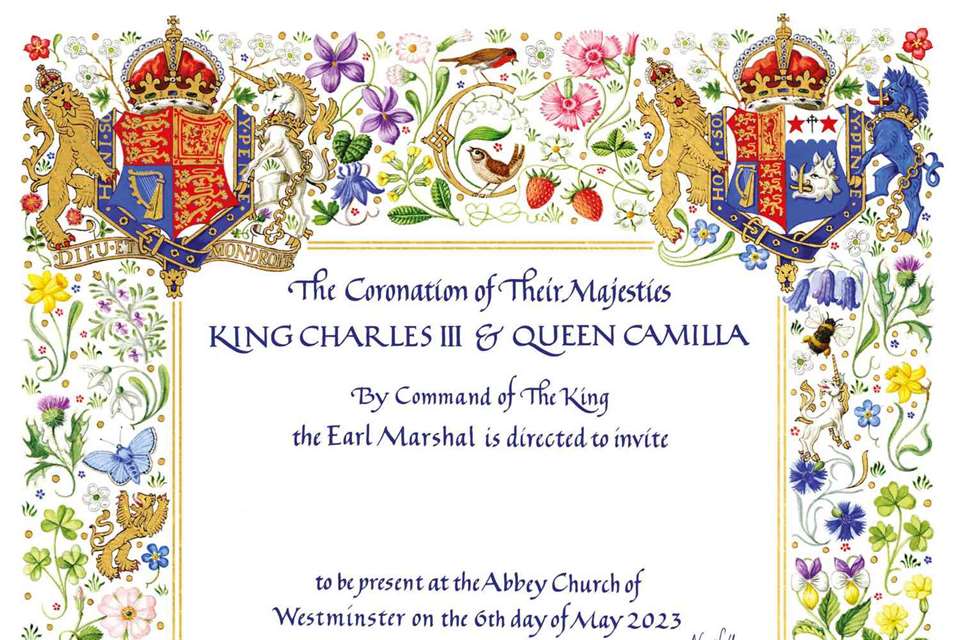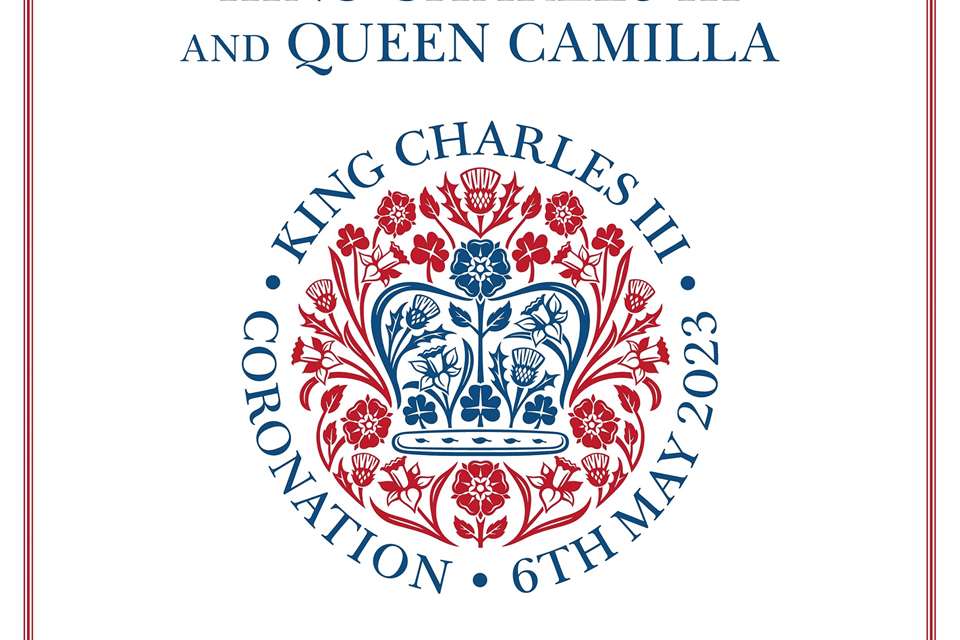The Coronation: Meeting the Composers Behind the Music
Jack Pepper
Thursday, May 4, 2023
Jack Pepper looks ahead to the Coronation of King Charles III and Queen Camilla. In Part Two, we explore the contemporary music written or arranged for the ceremony and meet some of the composers…

Register now to continue reading
Thanks for exploring the Gramophone website. Sign up for a free account today to enjoy the following benefits:
- Free access to 3 subscriber-only articles per month
- Unlimited access to our news, podcasts and awards pages
- Free weekly email newsletter










